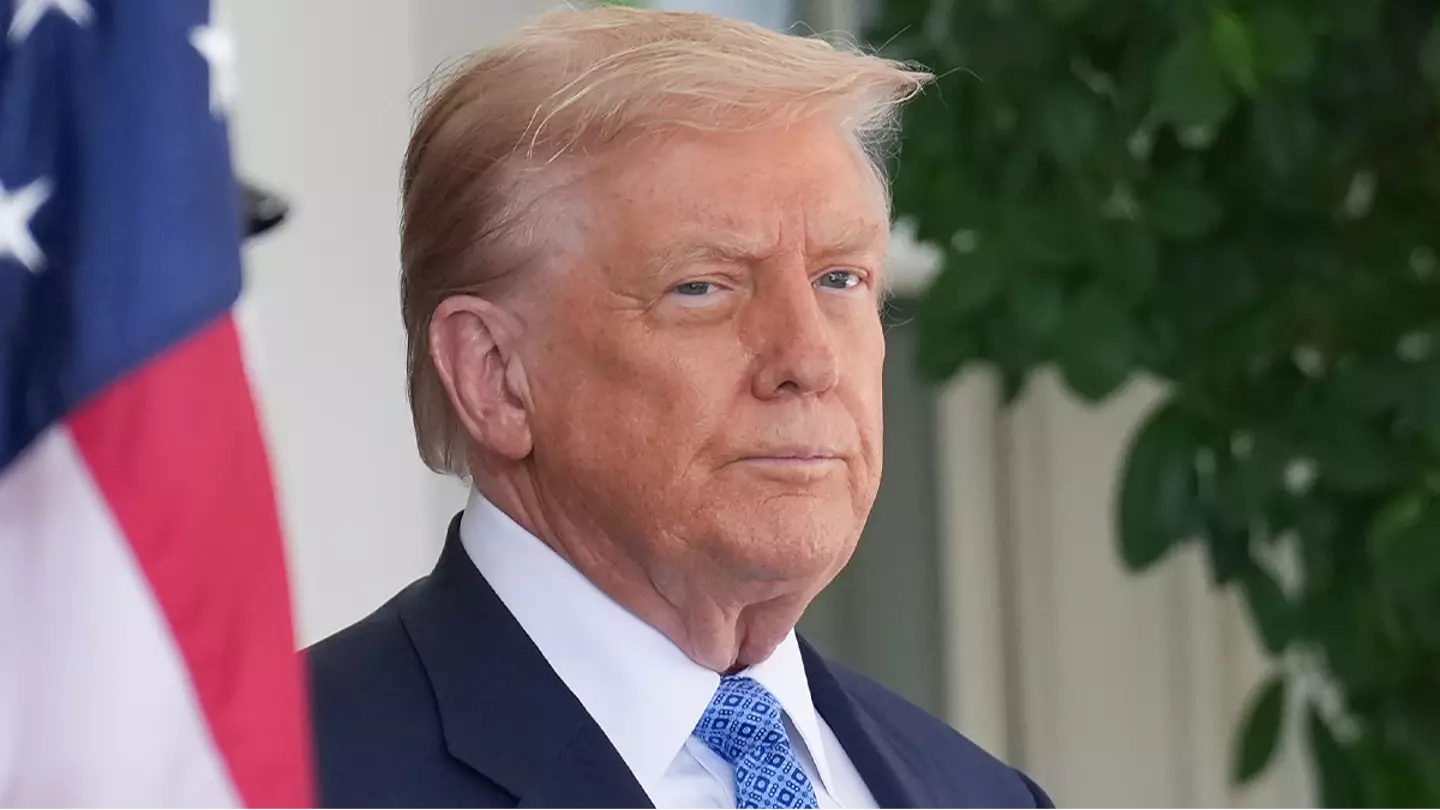There could be a change in the classification of marijuana following recent discussions on its legality by Donald Trump.
Known by various names such as weed, cannabis, or marijuana, this drug is illegal at the federal level in the United States. However, it has been legalized for medical use in the majority of states.
Additionally, 24 states have legalized marijuana for recreational purposes, which might create the impression that it is no longer illegal to possess.
Despite this, marijuana remains classified as a Schedule I drug, a designation it received in the 1970s due to concerns over its addictive nature and potential dangers.
There is a possibility that cannabis could be reclassified as a Schedule III drug, a less severe category, if the Department of Justice secures agreement from the White House Office of Management and Budget (OMB).
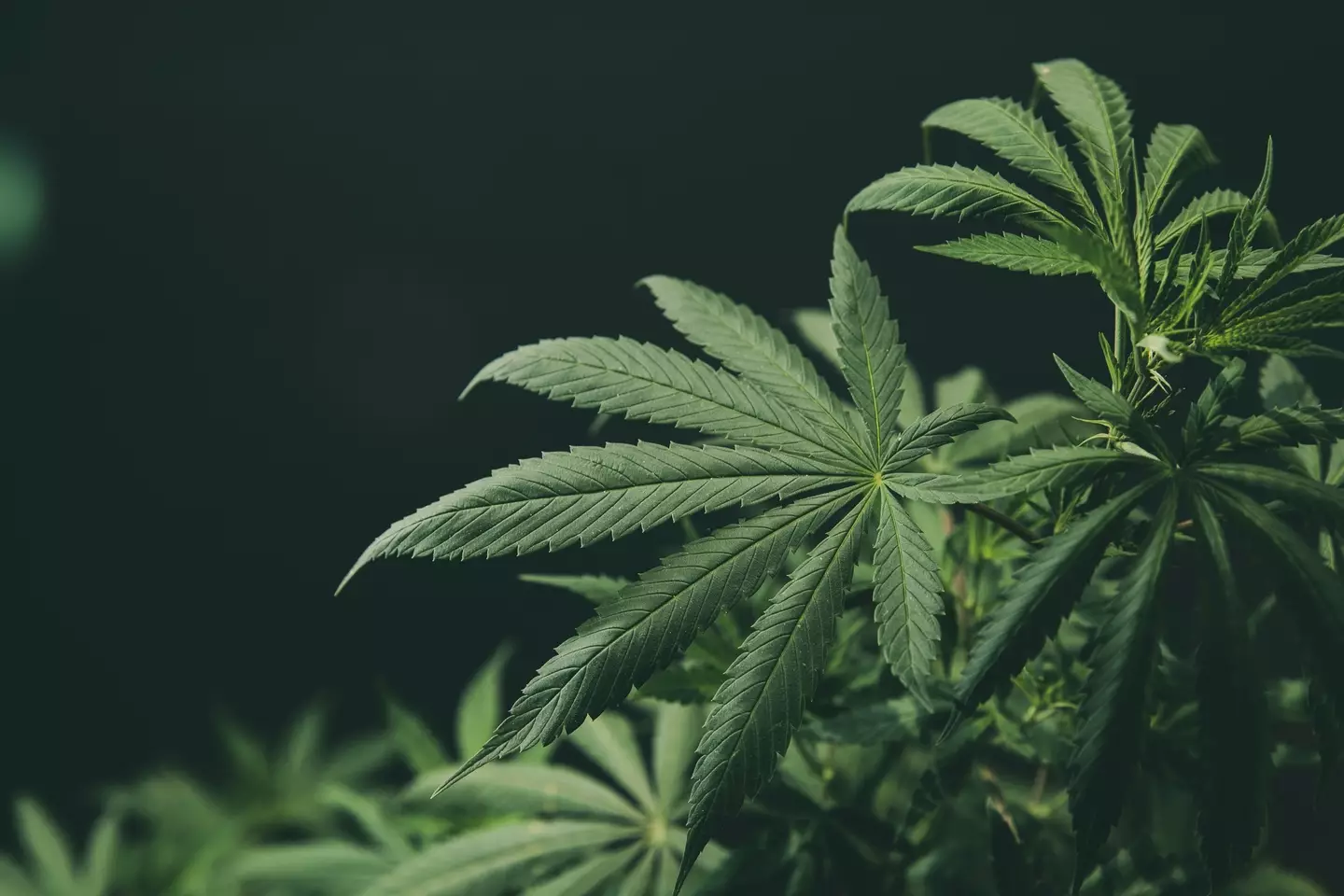
The effects of cannabis on individuals vary depending on the strain, dosage, and method of consumption.
According to Healthline, smoking cannabis can lead to effects appearing within two to ten minutes. On the other hand, edibles might need between 30 minutes to two hours to take effect.
Once the THC compound enters the bloodstream, it can increase heart rate by 20 to 50 beats per minute for several hours, as stated by WebMD.
Users may experience red eyes due to the dilation of blood vessels in their eyes.
If smoked, THC is fully absorbed within 20 minutes, while edibles take longer as they must be metabolized by the liver. This process stimulates the brain, resulting in sensations of pleasure and euphoria, which can make the user feel relaxed.
However, for some individuals or with certain strains, cannabis can induce anxiety and panic.
Some users experience increased hunger, known as the munchies, as THC activates the olfactory bulb, enhancing taste and smell, and causing the brain to perceive hunger.
Peak effects are generally reached about 30 minutes in, and can last from five to six hours.
Caution is advised, as judgment may be impaired for up to 24 hours, impacting concentration. Dabbing, involving the use of pipes and bongs, typically results in effects lasting one to three hours due to the quick, concentrated intake.
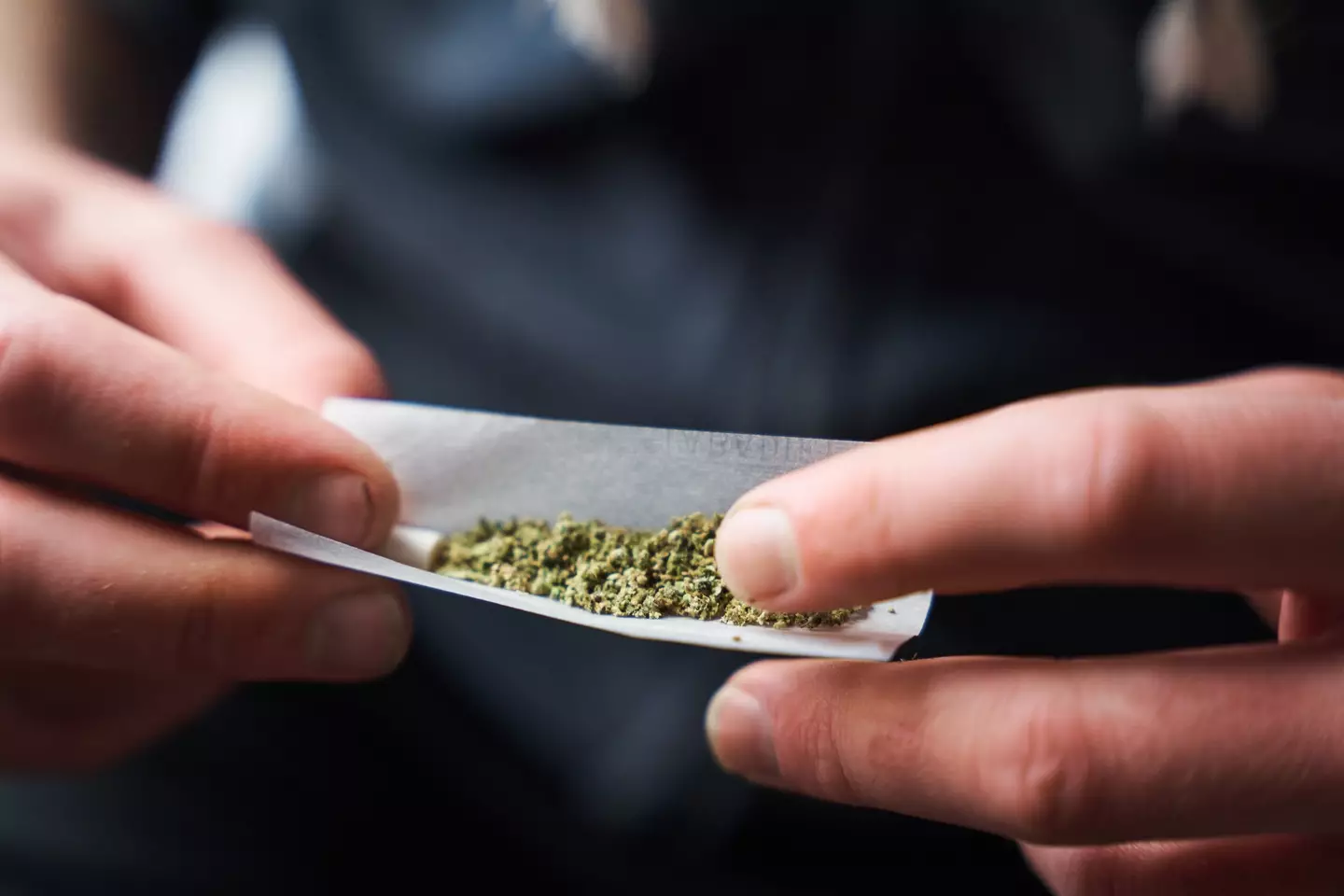
“The Justice Department today announced that the Attorney General has submitted to the Federal Register a notice of proposed rulemaking initiating a formal rulemaking process to consider moving marijuana from a schedule I to schedule III drug under the Controlled Substances Act (CSA),” it stated in May.
The announcement further noted: “Marijuana has been classified as a schedule I drug since Congress enacted the CSA in 1970. On Oct. 6, 2022, President Biden asked the Attorney General and the Secretary of Health and Human Services (HHS) to launch a scientific review of how marijuana is scheduled under federal law.
“Following HHS’s recommendations last August, the Attorney General sought legal guidance from the Justice Department’s Office of Legal Counsel (OLC) on questions relevant to this rulemaking. Considering HHS’ medical and scientific findings, and OLC’s legal guidance, the Attorney General used his authority to initiate the rulemaking process for transferring marijuana to schedule III.”
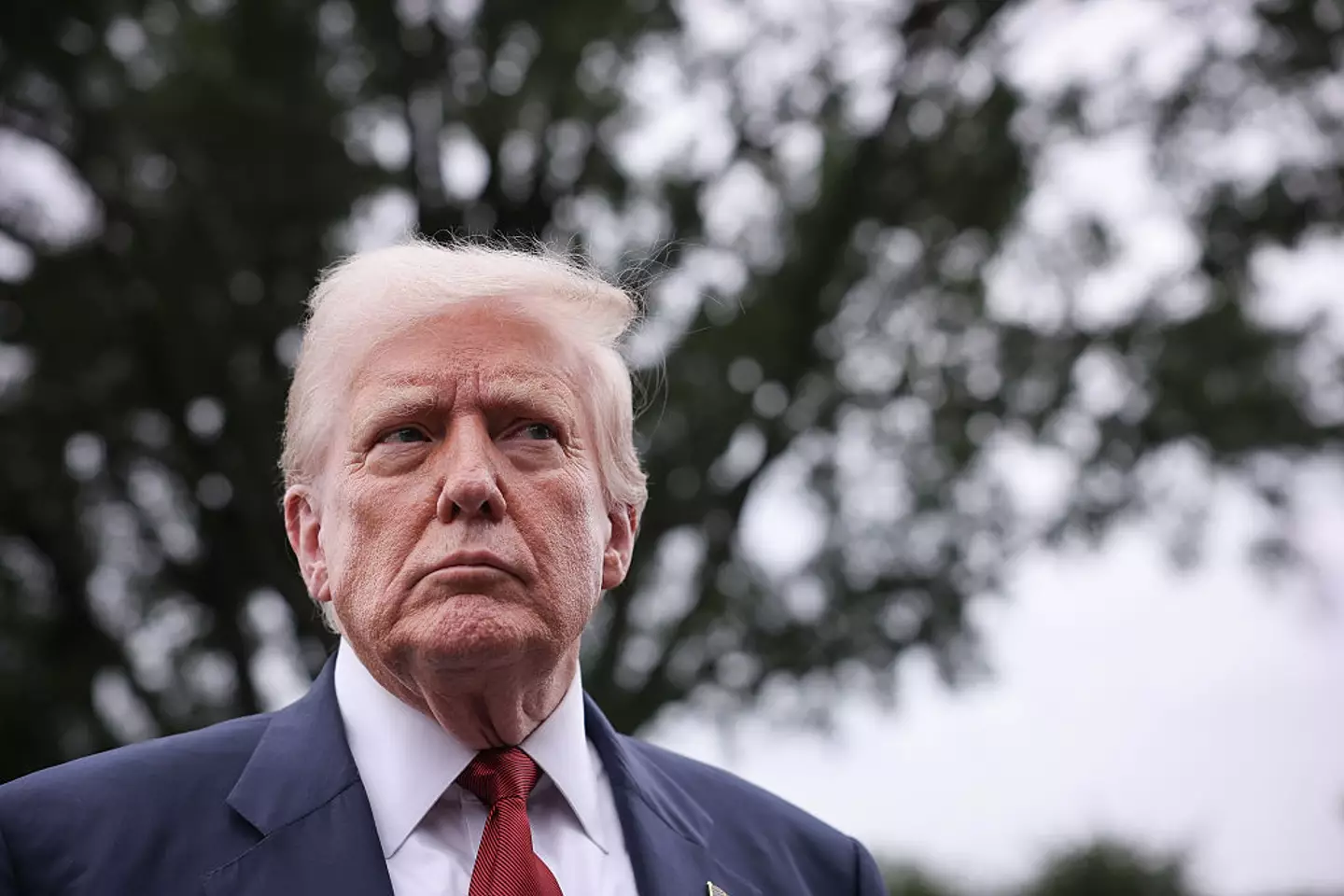
On August 11, President Trump addressed questions regarding reclassification, saying: “We’re looking at it. Some people like it, some people hate it — some people hate the whole concept of marijuana because if it does bad for the children, it does bad for people that are older than children.
“But we’re looking at reclassification, and we’ll make a determination over the next, I would say, over the next few weeks — and that determination hopefully will be the right one.”
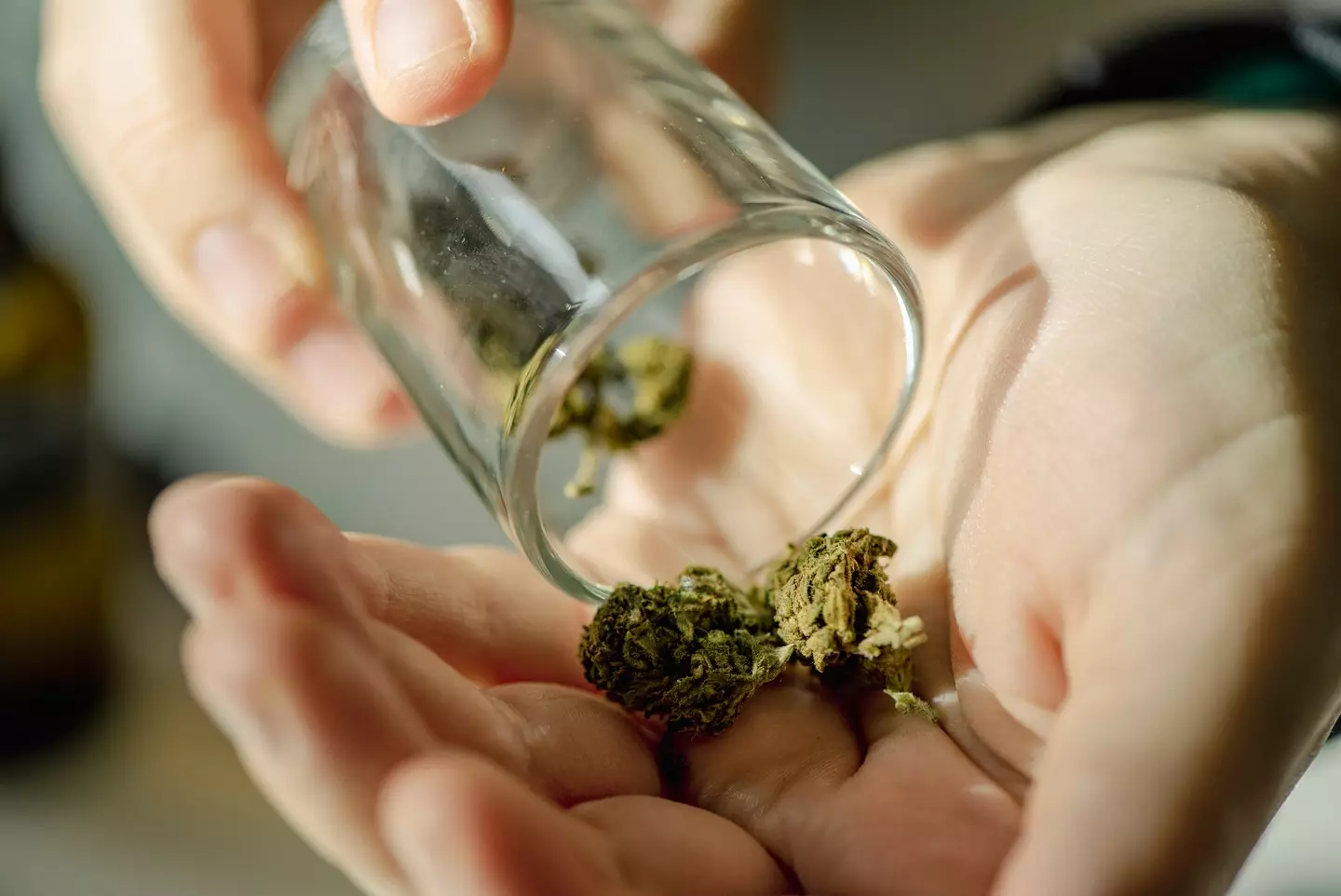
Revising marijuana’s classification could facilitate its accessibility and reduce black market activity.
Dr. Carl Hart, a psychologist and neuroscientist from Columbia University, shared his insights with BBC News: “When you legalize a compound, far more people would go to the legal market, just because it’s simple and people don’t have access to the black market. The illicit market would certainly dwindle.”

